With this week’s New Release Tuesday now past, those of us obsessed with Criterion’s Eclipse Series of DVDs (as well as those who remain merely curious, just beginning their exploration) are able to latch on to what might be one of the oddest and most pleasurable old movie discoveries of 2011. I’m willing to bet that prior to the announcement earlier this year that something called Raffaello Matarazzo’s Runaway Melodramas would be among Criterion’s June offerings, few if any of us had one of Italy’s most commercially successful directors of the 1950s anywhere close to our wish list of hotly anticipated “must buy” DVDs.
I’ll admit that I was stumped when I first saw the news a few months back, and when I went to IMDb and Wikipedia to try and learn more about this newest addition to the Eclipse lineup, I didn’t find much that I considered helpful. The films listed under Matarazzo’s name were almost all filed under their Italian names, so that at first I couldn’t even tell which ones were destined for the new box set, and few had anything in the way of a synopsis or User Reviews to fill me in on what to expect.
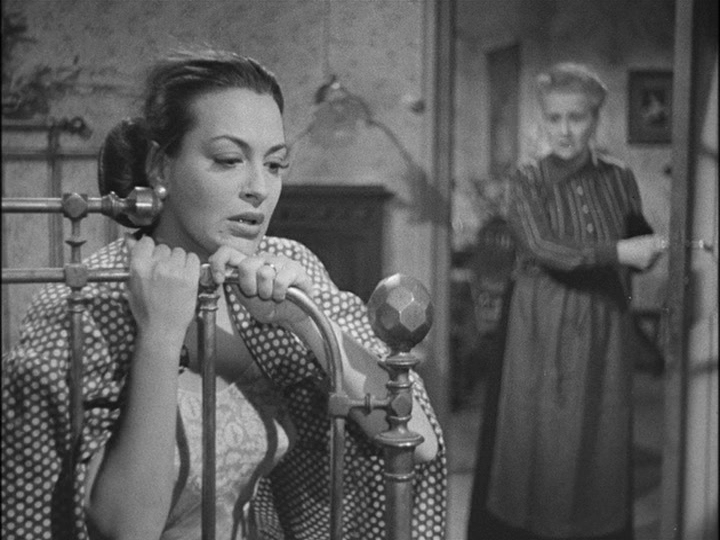
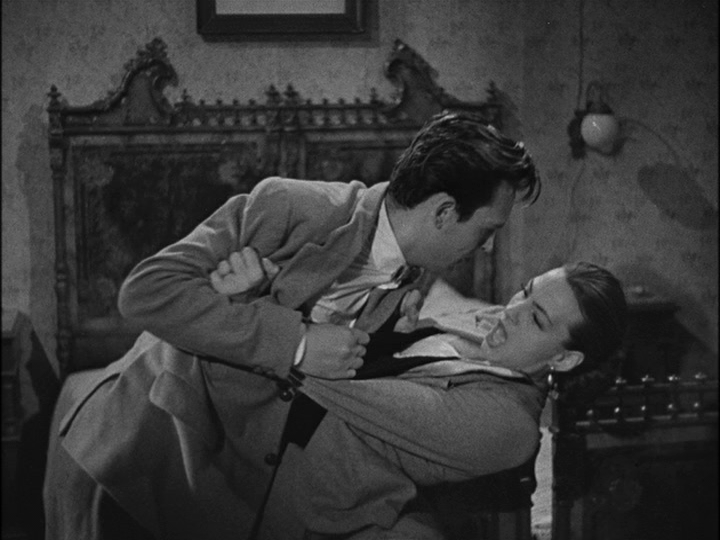
That situation’s been remedied a bit, now that at least four of his films rest under a brighter spotlight, and the critics are starting to weigh in with their first impressions of a collection that I figure will delight some viewers and leave others a bit disaffected. I’ve had the privilege of taking an early look at these four vintage slices of popular cinematic soap opera, Italian-style, and it’s clear to me that these films easily deserve their niche in Eclipse’s obscure and eclectic imprint.
Hitting that heretofore rarely contemplated sweet spot between the more sentimental side of Italian neorealism and the maudlin excesses of 50s-era women’s weepies, these four films (Chains, Tormento, Nobody’s Children and The White Angel) seem destined to elevate the Greek-born actress Yvonne Sanson at least into a minor echelon of cult status. Not quite as curvaceous or “on display” as Gina Lollobrigida, nor quite as earthy and world-weary as Anna Magnani, Sanson still carves out her own space as a compelling and charismatic leading lady of her era, winning audience hearts as we feel the tension of her struggles between giving in to her undeniably voluptuous yearnings and holding forth the line of maternal propriety.
The films also open a new angle of analysis into our retrospective assessments of mid-20th century pop culture, aligning comfortably with the 50’s Technicolor classics of Douglas Sirk but possessing a unique sensibility of their own, still rooted in traditional Italian culture, all the while delivering so much in terms of sheer entertainment value to anyone who can appreciate the creative, unapologetic jerking of tears, executed with a sincerity that saves them from sheer campy indulgence and absurdity.
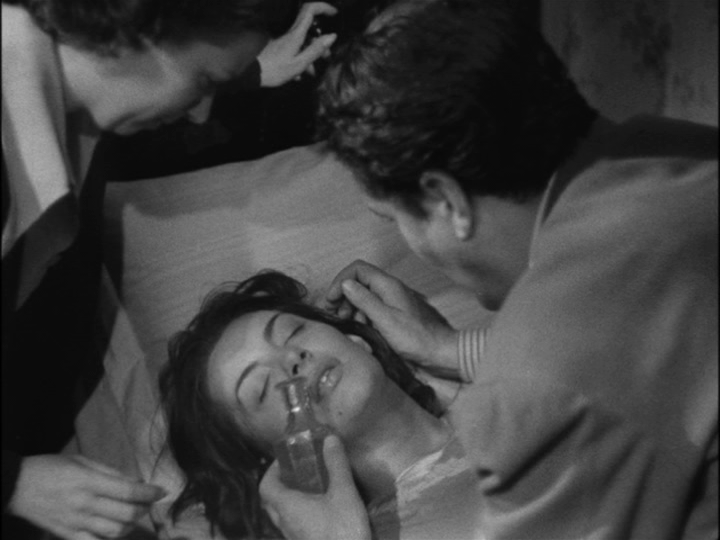
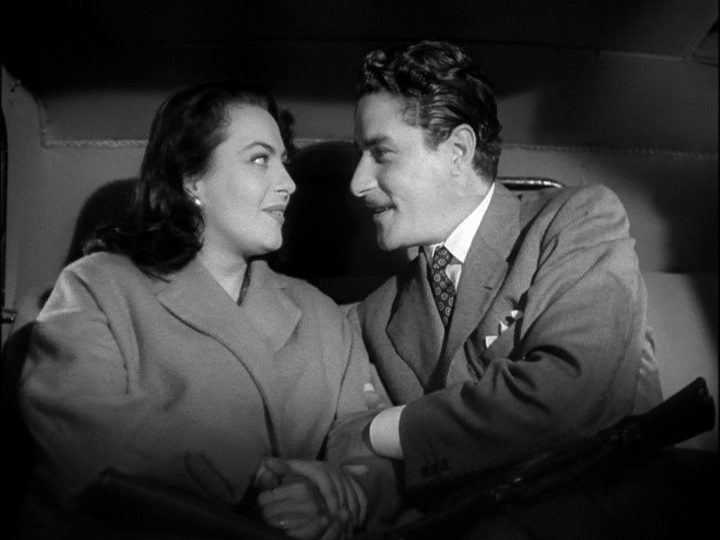
Rather than go into detail on the four films (which I will do eventually as part of my ongoing Journey Through the Eclipse Series, where I give one film from that library some individual attention each week), I’ll just summarize what you’re in for, should you decide to take the plunge. Matarazzo got his start in the 1930s but hadn’t done a whole lot to distinguish himself in Italy’s pre- or postwar film industry until he took a job at Titanus Studios that changed the course of his career.
Following his producer’s cue to merge the Italian public’s penchant for potboiler melodramas and a little Volare’-ish pop ballad or two for the soundtrack with the innovative, unvarnished work being done by de Sica, Rossellini, et al. in depicting the blunt realities encountered by Italy’s poor and working class citizens, Chains, the earliest film in this set, became a box office sensation in 1949.
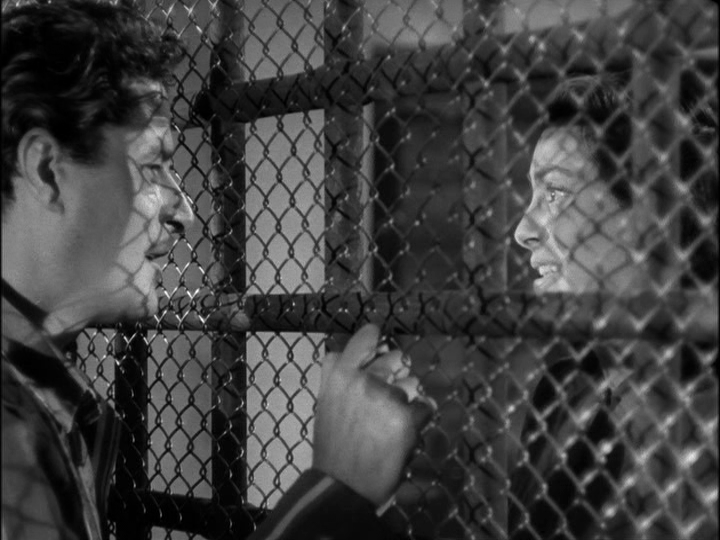

Much of Chains‘ appeal stems from its ability to hook viewers in and keep them guessing as to what will happen next. It opens with a car theft pulled off by a shady character, putting us in the mood for some noir-ish gangster affair, but swiftly transitions into what seems to be developing into a torrid/tawdry saga of a married woman’s temptation as she resists the allure of falling into a forbidden love triangle. But that tension never develops to its full extent as she maintains her virtue, only to endure another neck-snapping narrative twist as her misfortunes mount and the plot lurches off in new and unexpected directions.
Obsessive stalkers, raging jealousies, religious penance, dour pessimism and the petty grandiosity of offended morals are put on display, evoking winces of recognition from just about anyone who’s had to live in such an oppressive context (and that’s quite a few of us, isn’t it?), as well as occasionally giddy humor at just how utterly over the top and rapid-fire it so quickly becomes. All the while, raw human emotions come into play, especially those most closely associated with love of family, personal honor, guilt, shame and forgiveness, with no hesitation whatsoever to exploit naive childhood sentimentality at the slightest opportunity. The rash assumptions that people make, and our often inexplicable reluctance to simply tell the truth and let the chips fall where they may, fuels the rapidly multiplying conflicts in Chains.
That formula also established a benchmark that was not merely met but was efficiently exceeded in each of the subsequent productions gathered here. A quasi-biblical pattern of happiness –> fall –> redemption reliably plays out in each story line, but with ever-increasingly elaborate configurations from one film to the next.
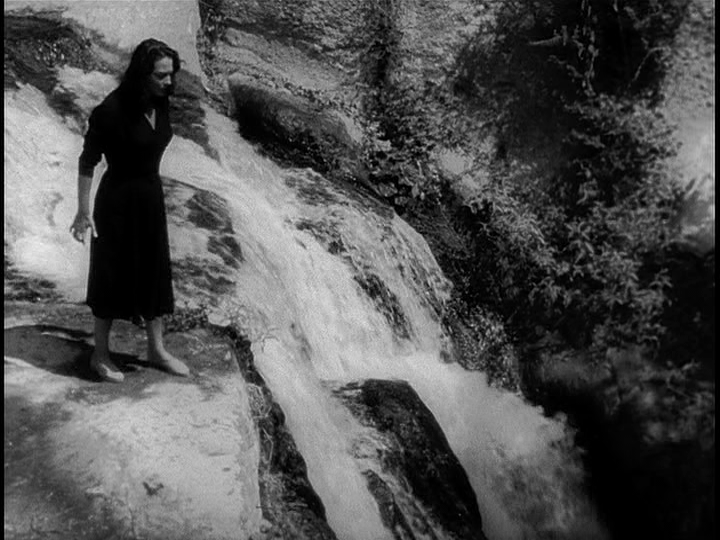
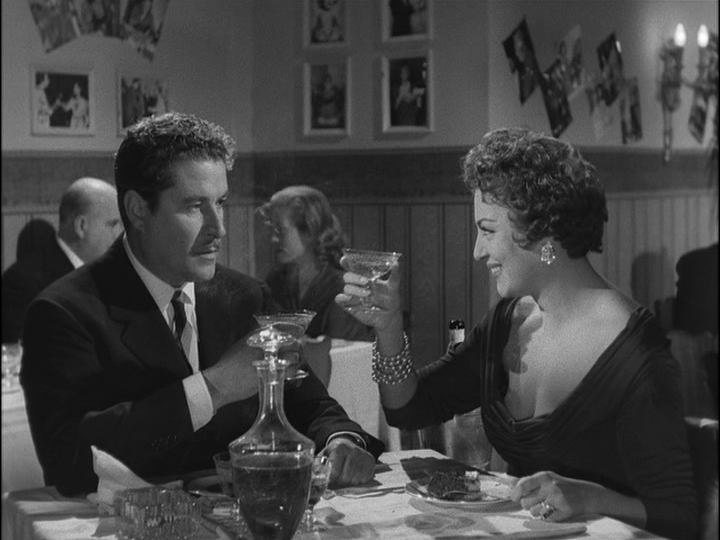
Tormento transitions the central dilemma from envious rivals for the same woman’s affection, and her subsequent fall from familial and social grace due to horrible assumptions made by everyone around her, to the agonies faced by a young couple separated by wrongful accusations and imprisonment of the husband for a murder he didn’t commit, tossing in a ghastly generational rift between the forlorn wife and her spiteful step-mother just for extra spice.
Nobody’s Children represents Part 1 of a two-part story that concludes with The White Angel (not the 1930s Florence Nightingale biopic starring Kay Francis!), the last of the four in this set, introducing some class-based conflicts, mistaken identities, wild reversals of fate (an ex-lover/dancing girl who becomes a nun, for example) and more lurid Catholic iconography into the mix. To be honest, in my haste to get through them all over the course of a busy weekend for the sake of this review, I felt a bit guilty myself chugging down such an intoxicating cinematic cocktail so quickly. My advise is to slow the pace a bit and fully savor these exquisite gems as they deserve, allowing the tantalizing blend of manipulative emotional audacity and heartfelt piety that infuses these films to work its magic, both as the stories unfold on screen and in your own recollections afterward. For fun, I recommend retelling the plots in your own words to anyone who’s patient enough to listen and doesn’t mind the spoilers. Only then I think will you fully appreciate just how much is packed into these swiftly moving 90 minute treats. And if you dug them even half as much as I did, you’ll find them easily rewatchable too.
Give them a try yourself – all except Tormento are currently available on Hulu Plus. I recommend you just start with Chains and watch Sanson and her co-star Amadeo Nazzari grow into the stars they were both destined to be. And if that’s not enough to satisfy your appetite, another pair of Hulu Plus exclusives, Torna and He Who Is Without Sin, also feature the same pair. My hunch is that Criterion picked the best of the best to put on disc, but it sure is nice to know that there’s even more to explore in this fascinating, newly rediscovered subgenre of Italian cinema.
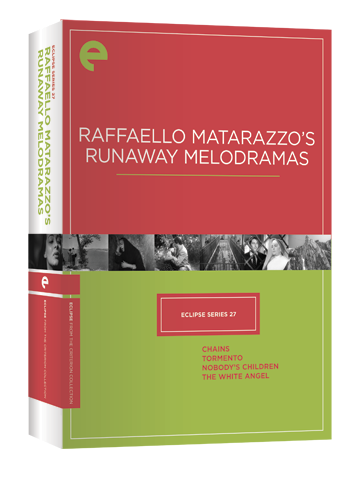


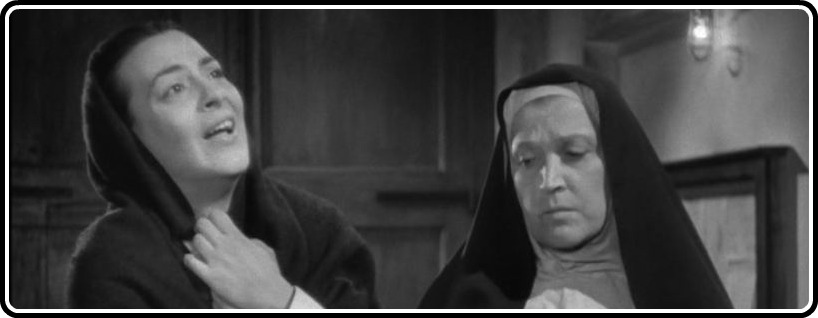

I saw 3 of 4. they are great. challenge me on that whomever. pick the place and time. these films will melodrama you into sumission and then some.Â